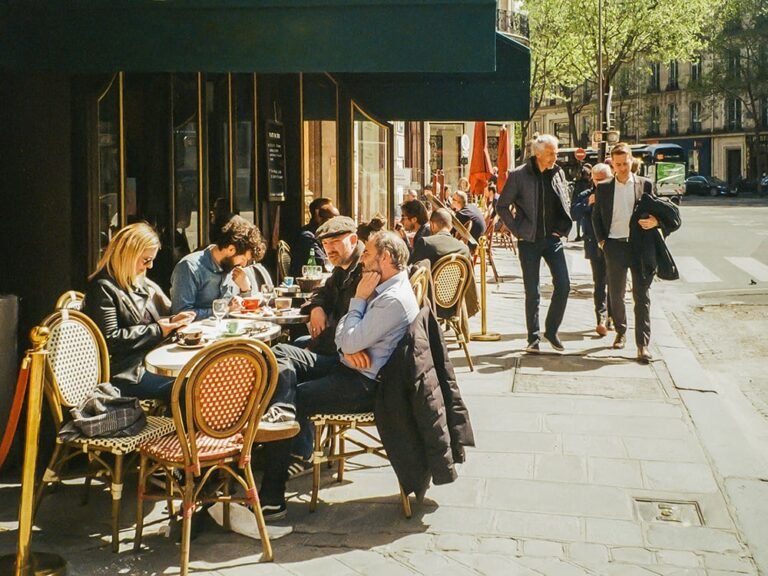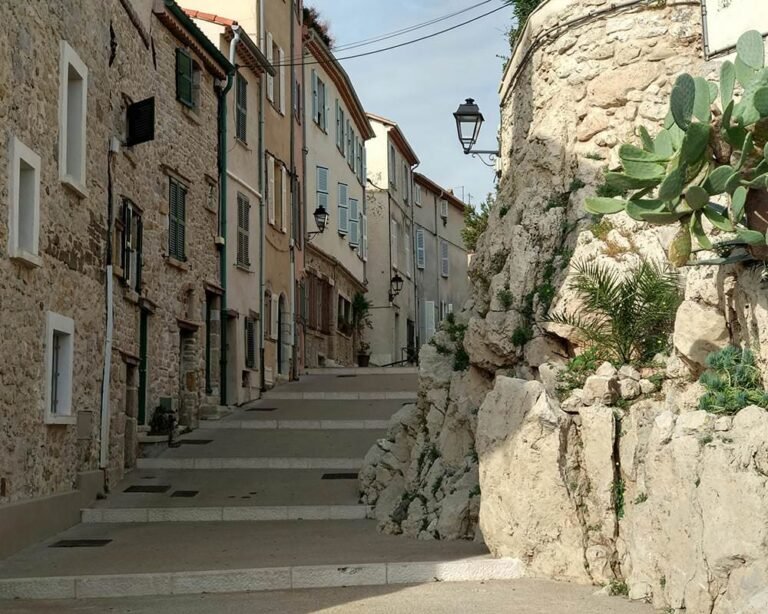prochain placement
The French adjective “prochain” means “next.” Like most adjectives, it is usually placed after the noun it describes, but not always. Let’s find out how the position of “prochain” can vary.
Why do you say “la semaine prochaine” (next week) but you also say “les deux prochaines semaines” (the next two weeks)? In the first example, the adjective “prochaine” comes after the noun, but in the second, it comes before the noun. Why is this so?
In French, the placement of adjectives before or after the noun can vary depending on several factors, including the specific adjective and the context in which it is used. This phenomenon is known as adjective placement or adjective agreement.
When an adjective comes after the noun, it usually indicates a more subjective or figurative quality, often emphasizing the speaker’s opinion or perception. This is the case with “la semaine prochaine” (next week), where “prochaine” (next) comes after the noun “semaine” (week).
However, when an adjective comes before the noun, it typically denotes a more objective or factual characteristic. In the example “les deux prochaines semaines” (the next two weeks), “prochaines” (next) precedes the noun “semaines” (weeks) to indicate a factual statement about the time frame.
In summary, while both forms are grammatically correct, the placement of the adjective can convey slightly different nuances in meaning or emphasis.






